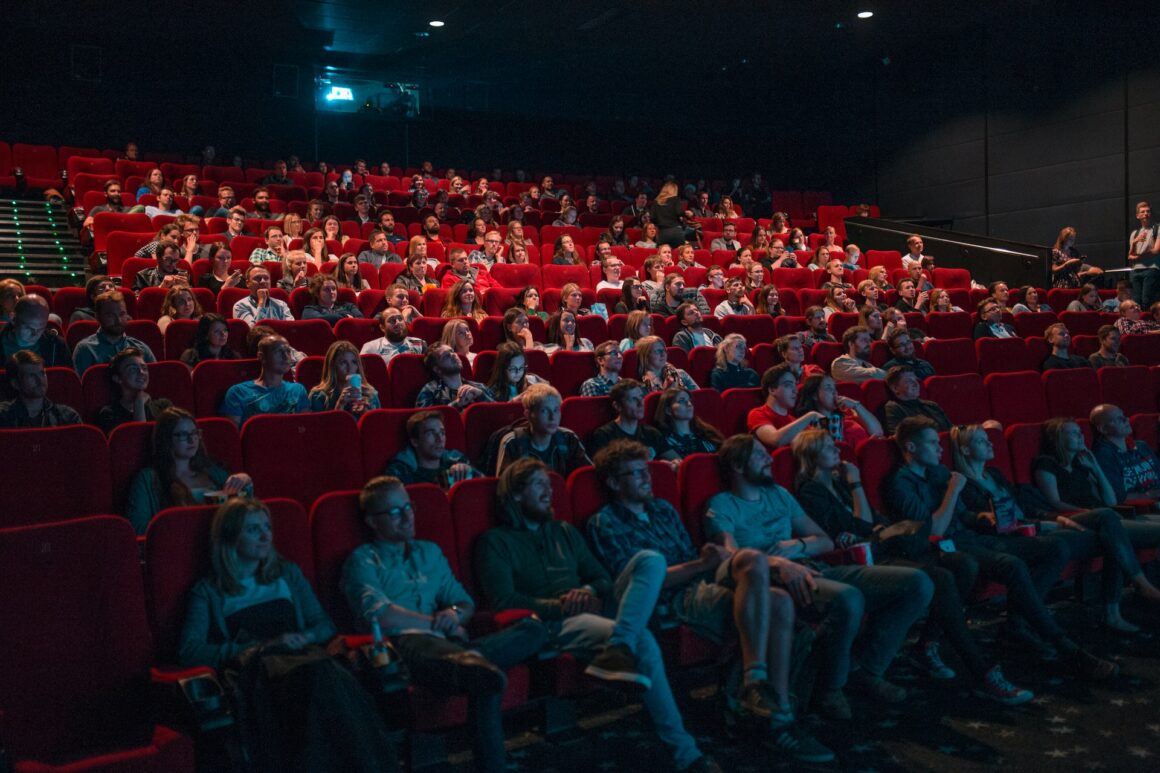Warning: This article contains spoilers about the end of the film ‘Get Out’. If you have not seen it yet, get out.
Jordan Peele’s directorial debut has been anything but short of successful. With a budget of only $4.5 million, Get Out has grossed $78.1 million and currently sits at No. 2 in the box office. It is one of few horror films to not only star a black actor, but highlight racism from a different lens. Peele effectively incorporates numerous subliminal historical symbols throughout the film to subvert a traditional slave narrative.
Aside from the guts and gore, Jordan Peele almost gave Get Out an unbearably dark ending. The thriller movie tells the story of a black man named Chris (Daniel Kaluuya) who has a white girlfriend named Rose (Allison Williams). Rose persuades Chris into meeting her in-laws, reassuring him that his race was of no issue. His trip quickly takes a turn for the worst when he realizes his girlfriend’s family is not just hyper-racist—they’re leaders of a cult-like group that lures black men to their neighborhood so that they can fall under the mind control of their white neighbors. In the end, after countless scares and theater chair gripping moments, Chris manages to escape after slaughtering the family and getting rescued by his cousin (LilRel Howery). However, that joyous ending almost took a desolate turn.
Director Jordan Peele revealed in a conversation on BuzzFeed podcast Another Round, that he originally had more realistic (and sinister) ending in mind.
“He gets locked up and taken away for slaughtering an entire family of white people, and you know he’s never getting out, if he doesn’t get shot there on the spot.”
The universal understanding of rampant police brutality toward unarmed black people is a terror that hangs in the air in those final moments as Chris is confronted by the cops. Fortunately, after an hour and a half of frightening entertainment and psychological abuse, Peele decided to relieve his audience of any further pain or misery.“It was very clear that the ending needed to transform into something that gives us a hero, that gives us an escape, gives us a positive feeling when we leave this movie,” Peele said.
The audience’s response to the ending is what ultimately gave Peele the confidence that he made the right decision, “There’s nothing more satisfying than seeing the audience go crazy when Rod shows up.”





Comments are closed.